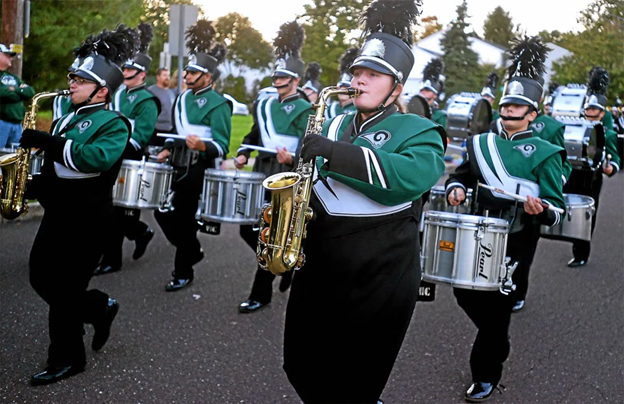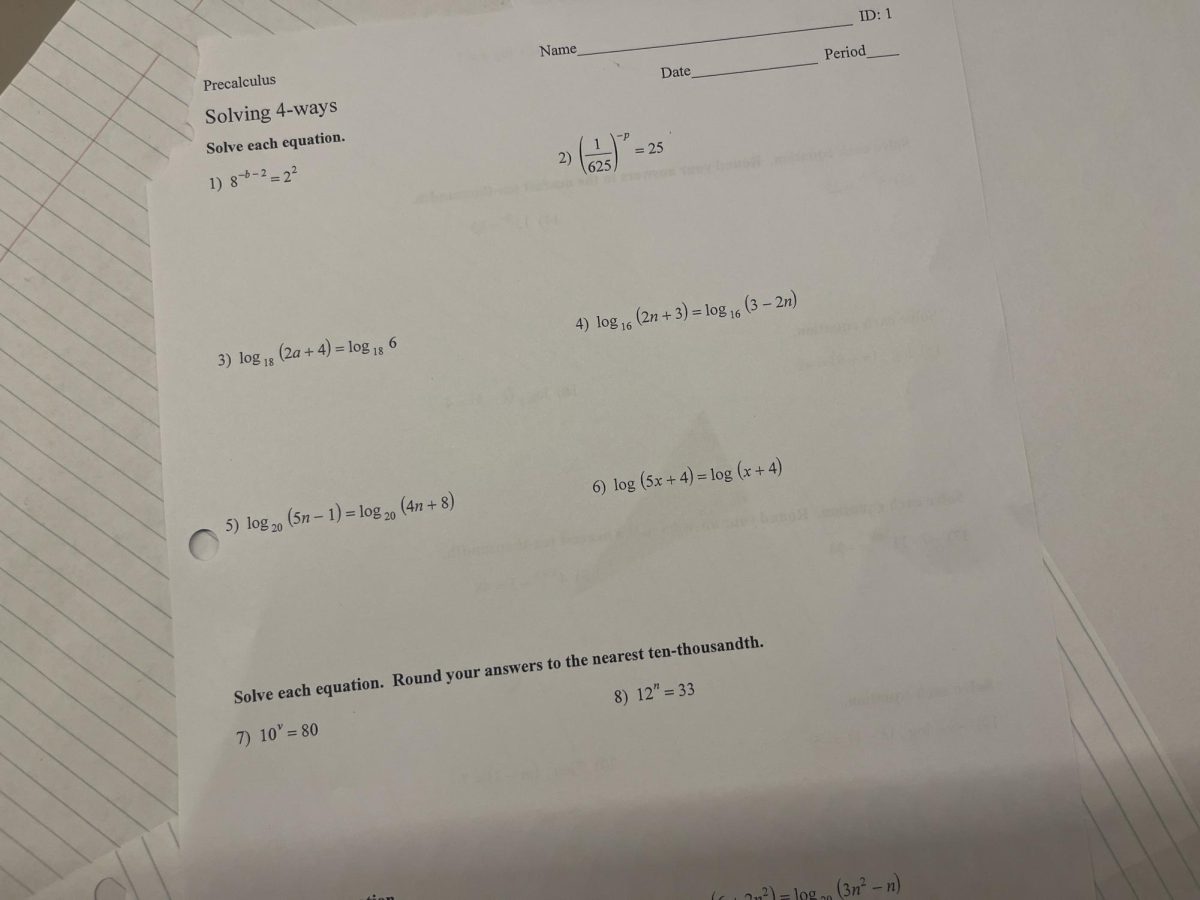Music classes are something indispensable in a student’s career; they help them learn more about different skills they can use later in life. However, some people disagree with this statement. People believe that the music program instigates too much competitiveness, is a waste of the school budget, and that music is just a distraction from academics. However, this is not always the case. A music program is, by definition, a team sport of sorts, needing all of its parts to become a whole.
Research by the National Association of Music Merchants says that schools that offer music programs provide an average 90.2% graduation rate and 93.9% attendance rate. This is compared with the 72.9% graduation and 84.9% attendance rate of schools that lack musical involvement, proving that music classes are worth the budget. Not only that, but music can actually help with academic performance according to studies. For example, in a Canadian study conducted by the University of British Columbia, which involved nearly 100,000 students, this was true even after researchers accounted for many different things like gender, economic status, and ethnicity. Furthermore, studies conducted on the health effects of music classes by an ERP study showed that involvement in music improves memory. This is because one of the most active parts of studying music is the memorization of rhythm patterns, symbols, note names, sounds, etc. When tested on auditory, visual, and executive memory tests, musicians outperformed the non-musicians.
When talking to Christa Schimitsch, one of the band teachers, she said that people would benefit from taking music because it’s “a space to belong… it’s a community.” She also went on to explain that some students have been dropping out of music in the transition from middle school to high school, citing COVID-19 as one of the main causes for this in recent years. Music dropouts are somewhat of a larger issue outside of PHS, with a study by Alejandro Cremaschi from the University of Colorado Boulder stating that many independent music teachers noticed a drop in students taking lessons as they became older. For example, the percentage of boys taking lessons dropped from 33.6% when they were 9 years old, to 9.8% when they were 17 years old. Schimitsch said that “a music class is necessary for a student at least once in their life and probably for at least several years to learn collaboration and more; it is a people skills class more than a music class.”
Band student Evan Vogel, says that “the band is difficult to manage with all of his schoolwork, despite being in the marching band club only.” He also said that although he thinks of quitting sometimes, he continues pushing forward because of his determination and belief that the music “class” is important for his schedule.
Not only is music important in school through what skills it teaches you and the advantages it gives you, but it is also important worldwide, both as a universal language and a way to bring people together.
Sources:
Research PDF On People Quitting Music
https://www.sciencedirect.com/science/article/abs/pii/S0028393211000613
https://www.nammfoundation.org/sites/default/files/Factsandfigures_Feb2017_PDF.pdf





